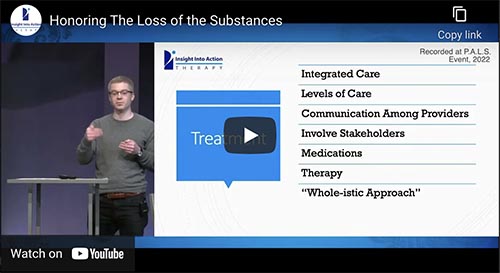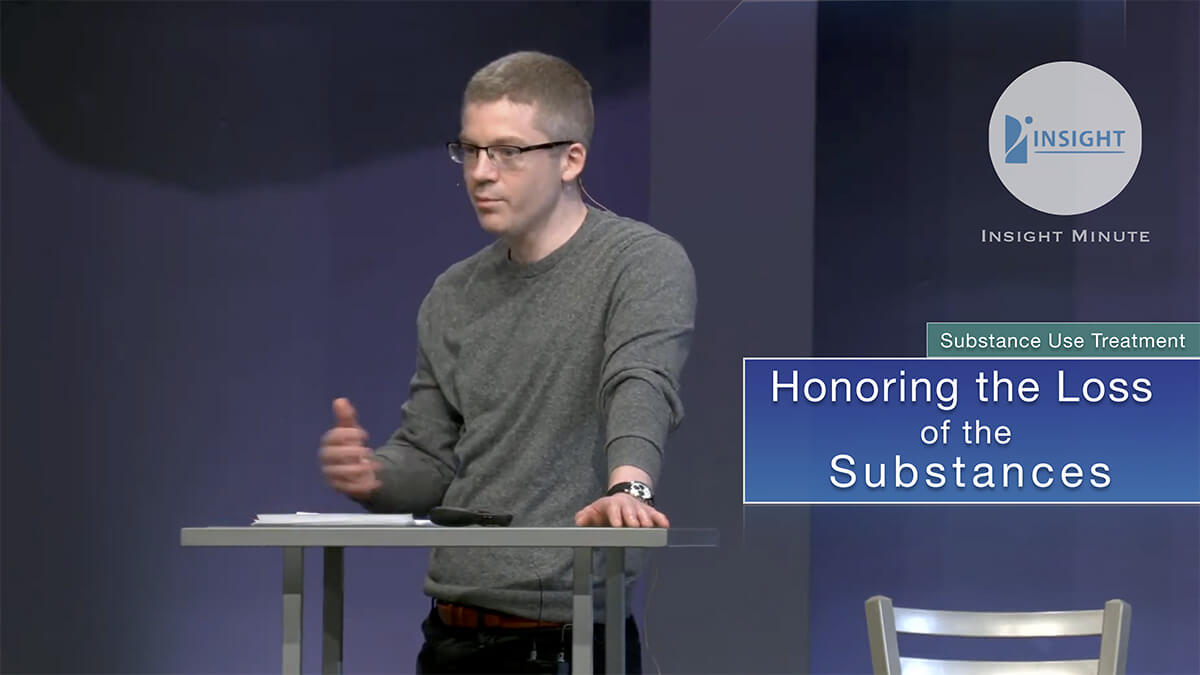By the time clients come to see me, their substance use has often been damaging their lives for some time. As they begin taking steps to achieve sobriety, I always honor that losing the substances can be a real loss. There’s something that they were getting from the substances, especially at first. It may have been working for them for a time. So, when something so central to their lives is being taken away, something must be put in its place. Just stopping the use isn’t enough. The goal is to be living a fulfilling life, not sobriety for sobriety’s sake. Any change to their substance use needs to be in service of that goal.
When beginning to work with clients who are newly sober, I start by helping them develop practical, present-focused strategies to manage their distress. It’s about working with all areas of their life and building positive momentum. For example, when their anxiety becomes more manageable, it then becomes easier to make other changes. That could include obtaining employment or improving their relationships. As they begin to feel more connected and see their life improving, they may feel more motivated and confident to keep going. In practice, this is never a straight line of progress in which things get better and better each day. The process can be messy. There will be setbacks. But every positive step is planting a seed for further change.
By acknowledging that removing substances can feel like a genuine loss, the therapeutic process becomes more collaborative. It reinforces that they are not being judged for their substance use and that they have a partner in their journey of building happier, healthier life.








